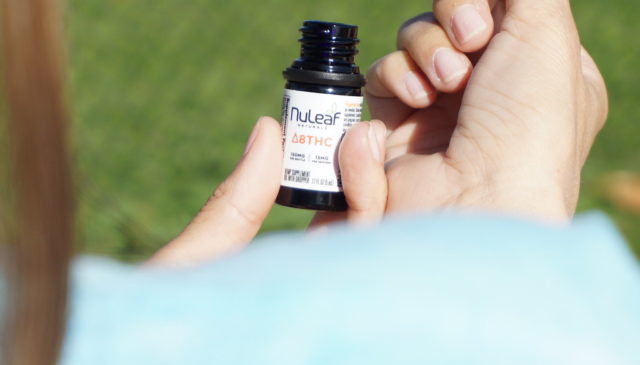
One recently Article in Forbes described the Delta-8 (D8) frenzy as “a story of American ingenuity”. Delta 8 product sales have exploded in the recent past. This was good for both hemp farmers who had to dispose of their excess biomass and end users who could enjoy the feeling of getting “legally high” as it was described. On the other hand, it has led state regulators in some states to ban the sale of this cannabis-sativa-derived compound. But while we’re still enjoying the D8 frenzy, how will this affect CBD sales? are CBD and D8 Complementary or competing products?
The question begs another question, why are consumers turning to D8 and, for the same reason, why are they turning to CBD?
CBD sales have grown steadily over the years. It is estimated that the global CBD market will reach $ 2,740 million this year and will grow at a CAGR of around 51% over the 10 year period to 2030. This growth is accelerated by the entry of dominant players as well as smaller ambitious start-ups into the market. The therapeutic potential of CBD is a driver for clinical trials that also contribute to regional market growth.
However, CBD is not intoxicating and therefore has no meaning as a recreational substance.
Delta-8, like other cannabinoids, has therapeutic potential that deserves further research. The D8 frenzy, however, has more to do with the therapeutic potential of this Delta-9-THC analog.
The market in general is excited about the psychotropic properties of D8. Some consumers have described the D8 high as invigorating without having extreme effects like paranoia. The novelty and the legal gray area are another exciting feature that makes D8 attractive to younger age groups. The producers also get very creative in the way they market D8 products which, unlike THC products, are easily accessible from gas stations and shops.
Placed side by side, the D8 frenzy is highly unlikely to harm CBD sales in any way. Consumers turn to the two products for different reasons, and the type of clientele is also very different. While the CBD group is the most medicinally, the D8 group is mostly made up of recreational users. As a result, it can be assumed that sales of both products will continue positively for the foreseeable future, as the two complement each other rather than competing products.
Image source
